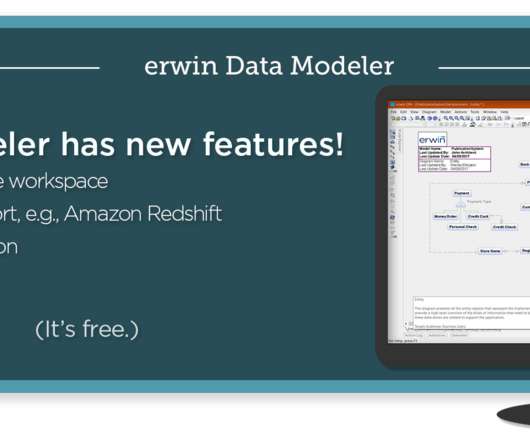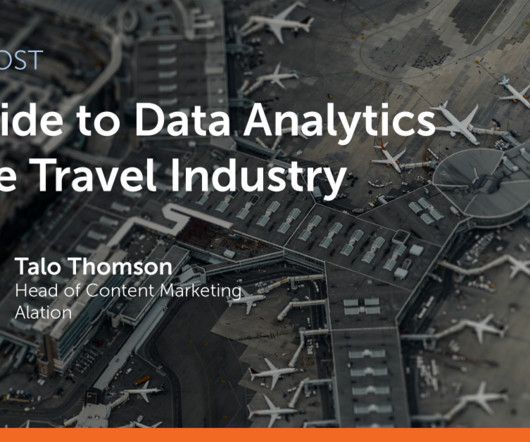3 key digital transformation priorities for 2024
CIO Business Intelligence
DECEMBER 19, 2023
The analyst reports tell CIOs that generative AI should occupy the top slot on their digital transformation priorities in the coming year. I wrote in Driving Digital , “Digital transformation is not just about technology and its implementation. Luckily, many are expanding budgets to do so. “94%






















Let's personalize your content